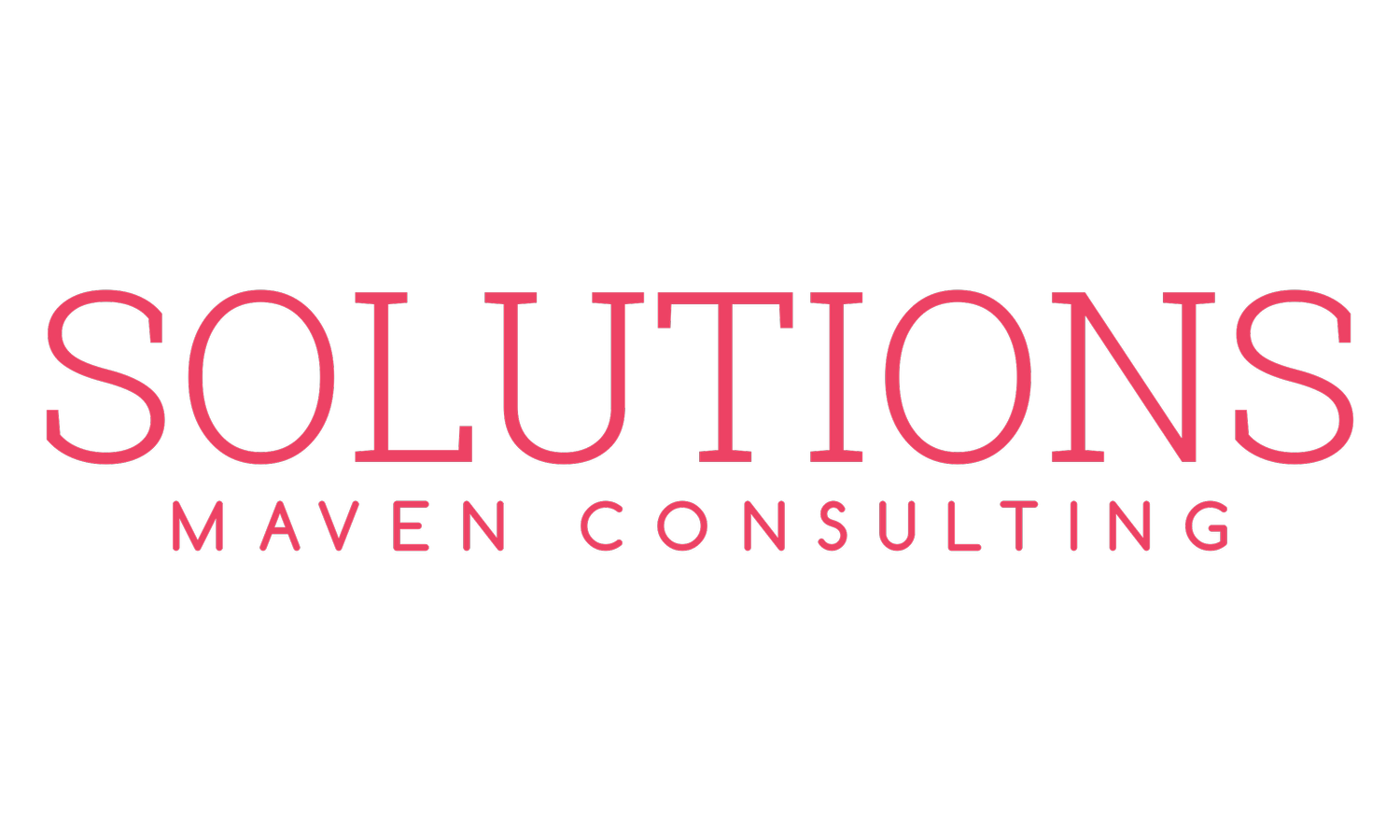Why IT Security Matters for Healthcare Practices
In our growing tech age, cybersecurity is extremely important. It can be very difficult to stay on top of all of your devices' security, especially when the content stored inside is being accessed by multiple employees. Many professionals understate the value of having a strong IT force for their own practice. Let’s break down why IT security is crucial to keeping your practice healthy.
Healthcare Gets Hit More
It can be hard to envision your practice being hit by a cyber attack. Your files are central to your office and there are protocols in place to ensure your patient’s valuable and sensitive information is protected. Unfortunately, healthcare practices are often a hacker’s main target. This is mainly because there is a wealth of sensitive documents and information stored in your computers. Patient information ranges from individual identities to payment details, while your practice’s own financial information is also equally at risk. Cyber healthcare information that is stolen goes for very high profit as well. Often, stolen medical records can sell for up to ten times the amount of other stolen financial records. As a medical professional, it is imperative to keep tabs on all of your intellectual property.
What Does an Attack Look Like?
While some cyber attacks involve the theft and dissemination of records stored in your systems, others can directly jeopardize your business and patients’ health. As most procedures are digitized, your systems can crash, and data needed for operations can be lost. In addition, your clinicians may lose access to vital information needed to guide individual patient care if records are breached, such as allergies and medical history. This can delay important treatment, as decisions are not able to be made and other records such as lab results may not be able to be accessed. Attacks like this often happen through avenues such as phishing. Phishing is a sneaky method that hackers use to gain access to your documents, as well as gain control of your systems. Oftentimes, hackers will send links that appear to be credible via email. They’ll pose as a third-party provider in a deceptive way. There is often supplemental text that stresses your need to urgently press the link in order to approve, check the status of, or pay for something. If you look closely, the email addresses these links are being sent from are often incoherent and non-verifiable. All it takes is one click, and malware is immediately downloaded onto that computer and can spread to your practice’s entire arsenal of computers.
Ransomware is perhaps the most common method of cyber attacks in the healthcare world. These types of attacks render all of your work systems and critical data inaccessible. This is done through encryption, which can not be lifted until a ransom, posed by the hacker, is paid to completion. Hackers will threaten to compromise the integrity of the stolen data by releasing private records that pertain to your practice and your patients. Ransomware, similar to phishing, also makes caregiving impossible as all access is lost to health records. Appointments are unable to be scheduled, and healthcare decisions are halted without this access.
How to Prevent, Prepare, and Restore
You shouldn’t wait until disaster strikes to counteract cyber attacks. Ensuring that your practice is secure and ready to defend off any cyber threats is crucial before hackers can even set their sights on your business. Outsourcing this task to an IT professional is the main step in reaching security online. An IT expert will be able to monitor and defend your systems around the clock. This means fortifying your sensitive information and also responding to attacks as they happen. It is critical for your employees to understand the importance of cyber security as they are on the front lines of receiving and handling sensitive information. They should be able to detect the signs of scams such as phishing attempts so these violations are avoided. Your employees should have enough confidence to report any suspicious activity online or that they observe from their coworkers to know how to handle sensitive data safely.
Trust is the foundation of your practice, and safeguarding your patients’ and employees’ data is essential to maintaining that trust. In today’s digital age, taking proactive steps to secure sensitive information is no longer optional—it's a responsibility. Partner with Solutions Maven Consulting to implement robust IT solutions that protect what matters most. Schedule a consultation today to take the first step toward a safer, more secure future for your practice.

